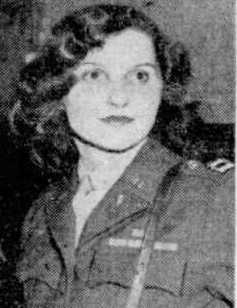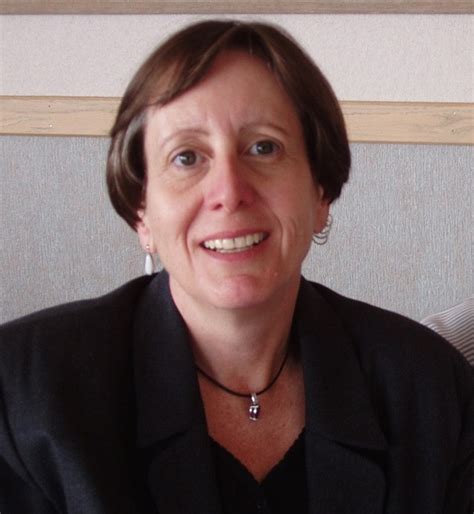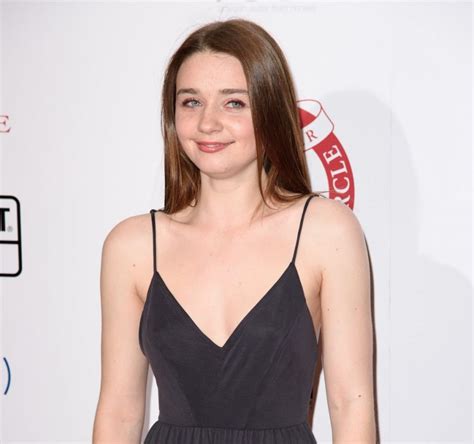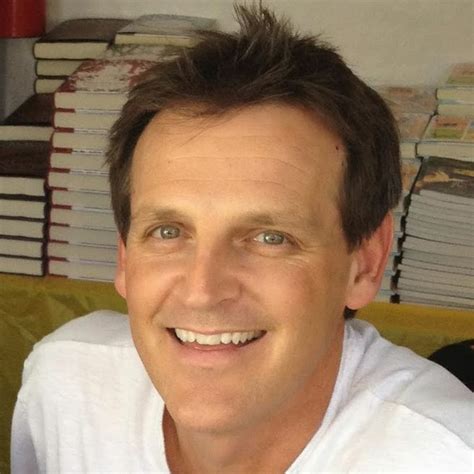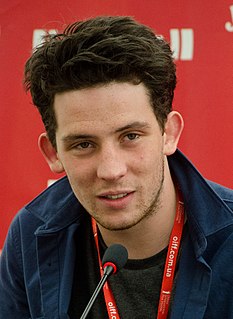A Quote by Robert Silverberg
It has been suggested that Tiptree is female, a theory that I find absurd, for there is to me something ineluctably masculine about Tiptree’s writing. I don’t think the novels of Jane Austen could have been written by a man nor the stories of Ernest Hemingway by a woman, and in the same way I believe the author of the James Tiptree stories is male.
Related Quotes
I'm interested in dismantling the distinction between masculine and feminine writing both because I think it's a false distinction and, I think, ultimately an insulting one. It's as insulting to men as it is to women. I'm not sure what masculine writing would look like - I assume some combination of Ernest Hemingway and Raymond Carver. Writing can't be gendered in that way.
We need more female directors, we also need men to step up and identify with female characters and stories about women. We don't want to create a ghetto where women have to do movies about women. To assume stories about women need to be told by a woman isn't necessarily true, just as stories about men don't need a male director.
It has been said, "History is written by the victors." I take this to mean we can make ourselves victorious by writing, and then rewriting our own stories. In a country and culture so dominated by media, by the manipulation of words and stories, telling the tales of people whose stories historically have not been told is a radical act and I believe an act that can change the world and help rewrite history.
Here was a woman about the year 1800 writing without hate, without bitterness, without fear, without protest, without preaching. That was how Shakespeare wrote, I thought, looking at Antony and Cleopatra; and when people compare Shakespeare and Jane Austen, they may mean that the minds of both had consumed all impediments; and for that reason we do not know Jane Austen and we do not know Shakespeare, and for that reason Jane Austen pervades every word that she wrote, and so does Shakespeare.
I looked at the world of books and just went, Oh my gosh, if I'm writing novels, I'm on the same shelves as Jane Austen and Charles Dickens and Petronius - whereas with comics, they've only been doing them for a hundred years, and there's stuff that nobody's done before. I think I'll go off and do some of the stuff no one's ever done before.

